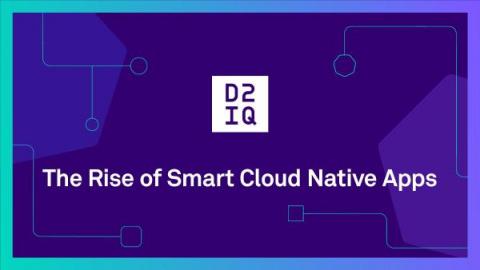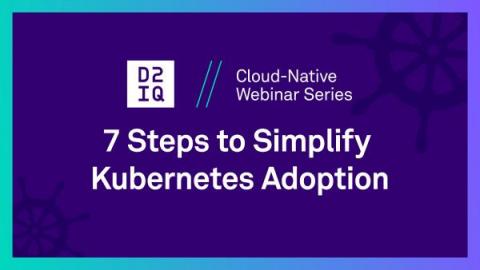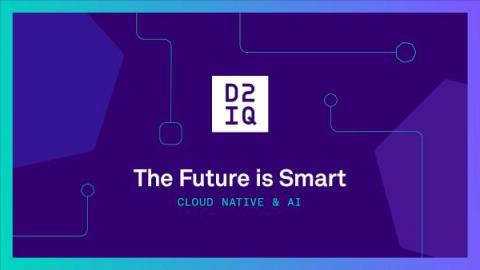Operations | Monitoring | ITSM | DevOps | Cloud
May 2022
The Rise of Smart Cloud Native Apps
In August 2011, Marc Andreessen wrote an article in The Wall Street Journal entitled “Why Software Is Eating the World.” Andreessen predicted that the leading companies in any industry would be software companies. And indeed, a wave of online software companies arose in which Netflix ate Blockbuster, Apple and Spotify ate Tower Records and the CD, and LinkedIn disrupted the recruiting industry.
7 Steps to Simplify Kubernetes Adoption
Many organizations are adopting Kubernetes to gain agility and increased time-to-value. However, complexity, security, and a shortage of IT skills are the top challenges that prevent organizations from effectively deploying Kubernetes. Complexity Kubernetes requires the selection and integration of a host of component services, which makes do-it-yourself (DIY) deployments beyond the scope of most organizations. Kubernetes management also differs significantly from traditional IT environments.
The Future Is Smart: Cloud Native + AI
Leading organizations around the world are adopting cloud-native technologies to build next-generation products because cloud native gives them the agility that they need to stay ahead of their competition. Although cloud native and Kubernetes are very disruptive technologies, there is another technology that is probably the most disruptive technology of our generation, and that is artificial intelligence (AI) and its subset, machine learning (ML).





